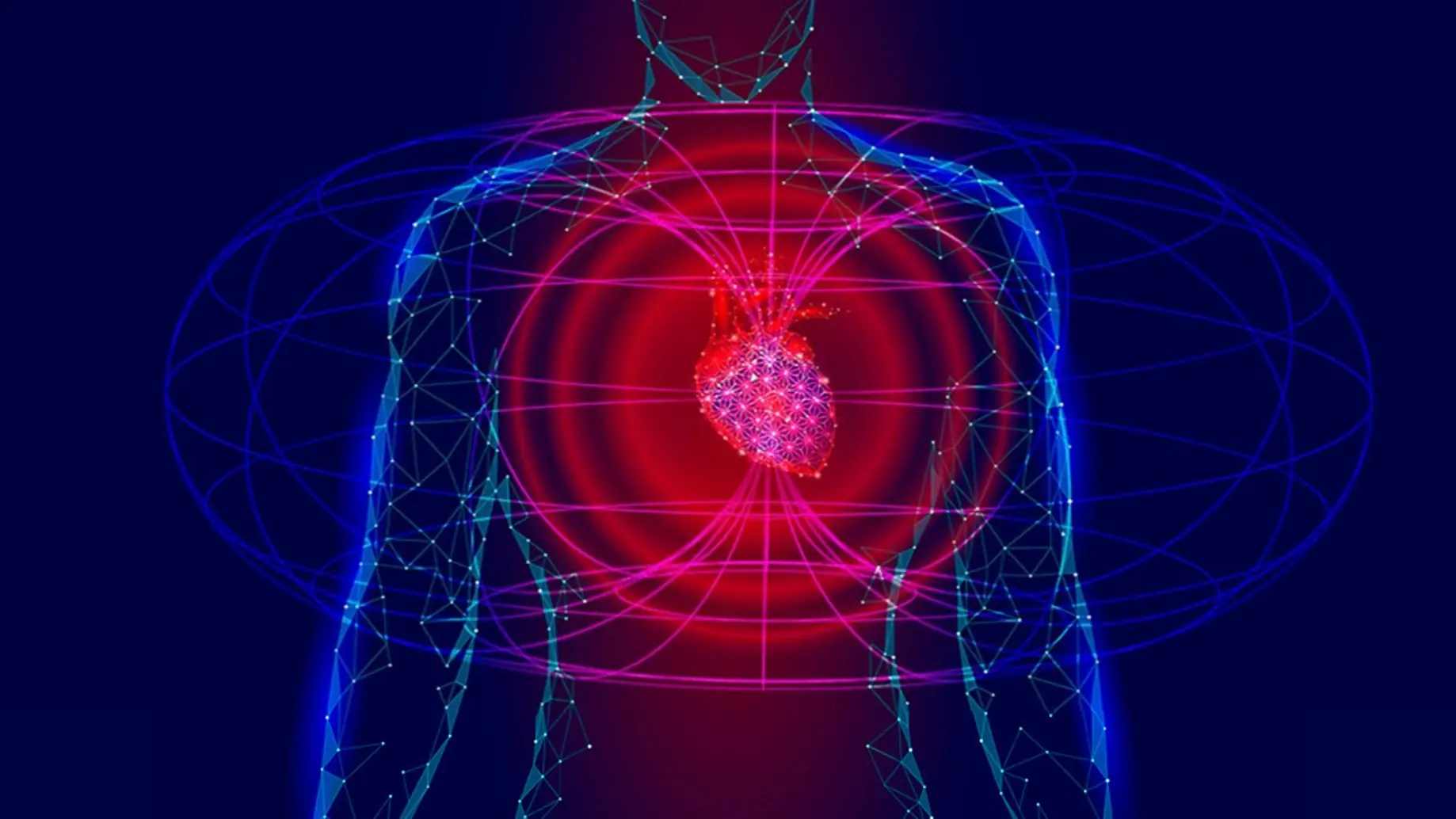
How Your Body Secretly Tells You You're Stressed
How Your Body Secretly Tells You You're Stressed
In our busy, modern lives, stress has become a constant presence. It can come from work, family, or even the endless flow of information on our screens. But while we might try to ignore it, our body has its own subtle ways of signaling that stress levels are dangerously high. Ignoring these signs can lead to serious health problems.
Here are seven ways your body might be telling you it's time to slow down.

1. Hormonal Imbalance and Skin Issues
Stress can disrupt your body's delicate hormonal balance. Elevated cortisol, the primary stress hormone, can affect estrogen and progesterone levels. This can lead to issues like breast tenderness or changes in tissue firmness. Chronic stress can also trigger excess insulin production, which may cause darkened skin patches in areas like your armpits, a condition known as acanthosis nigricans. Additionally, stress weakens your skin's protective barrier, making it more prone to dryness, irritation, and breakouts.
2. Muscle Tension and Pain
When you're stressed, your muscles instinctively tense up. If this tension becomes chronic, it can lead to persistent pain and discomfort in your neck, shoulders, and back. Simple remedies like a warm compress or gentle stretching can offer temporary relief, but addressing the underlying stress is key to a long-term solution.
3. Digestive Problems
The connection between your brain and your gut is powerful. When you're stressed, your body releases hormones that can disrupt your digestive system's normal rhythm. This can cause you to experience constipation, diarrhea, bloating, or acid reflux. Stress can also alter your gut bacteria, leading to a variety of uncomfortable symptoms.
4. Gum Disease
Chronic stress weakens your immune system, making you more vulnerable to infections—including gum disease. Mild inflammation (gingivitis) can worsen over time if left untreated, increasing your risk of more severe periodontal disease and even tooth loss. Maintaining good oral hygiene and managing your stress levels can help protect your teeth and gums.
5. Sleep Problems
Stress and sleep have a cyclical relationship. Anxiety makes it hard to fall asleep, and a lack of sleep leaves you feeling more fatigued and irritable, which in turn increases your stress levels. Long-term sleep deprivation is linked to serious health conditions like heart disease and diabetes. To break the cycle, focus on a healthy diet, regular exercise, and calming pre-sleep routines.
6. Headaches
Stress is a common trigger for headaches, particularly tension headaches. These often feel like a tight band of pressure around your head and are caused by muscle tightness in your neck and scalp. To find relief, try relaxing activities like listening to music, reading, or practicing mindfulness techniques like deep breathing and yoga.
7. Hair Loss
In some cases, stress can lead to temporary hair loss, a condition known as telogen effluvium. The hormonal imbalances caused by chronic stress can weaken hair strands and lead to thinning, especially in women. By managing your stress through lifestyle changes, you may be able to minimize hair loss.
While a little bit of stress is normal, chronic stress takes a significant toll on your physical and mental health. Paying attention to these subtle warning signs and adopting healthy coping strategies can make a big difference. If your symptoms persist, it's always best to consult a healthcare professional for personalized advice.
News in the same category


New Study Shows That Sitting in Silence for Only Two Hours Can Trigger Significant Growth in New Brain Cells

Foods That Can Quietly Drain Calcium From Your Body
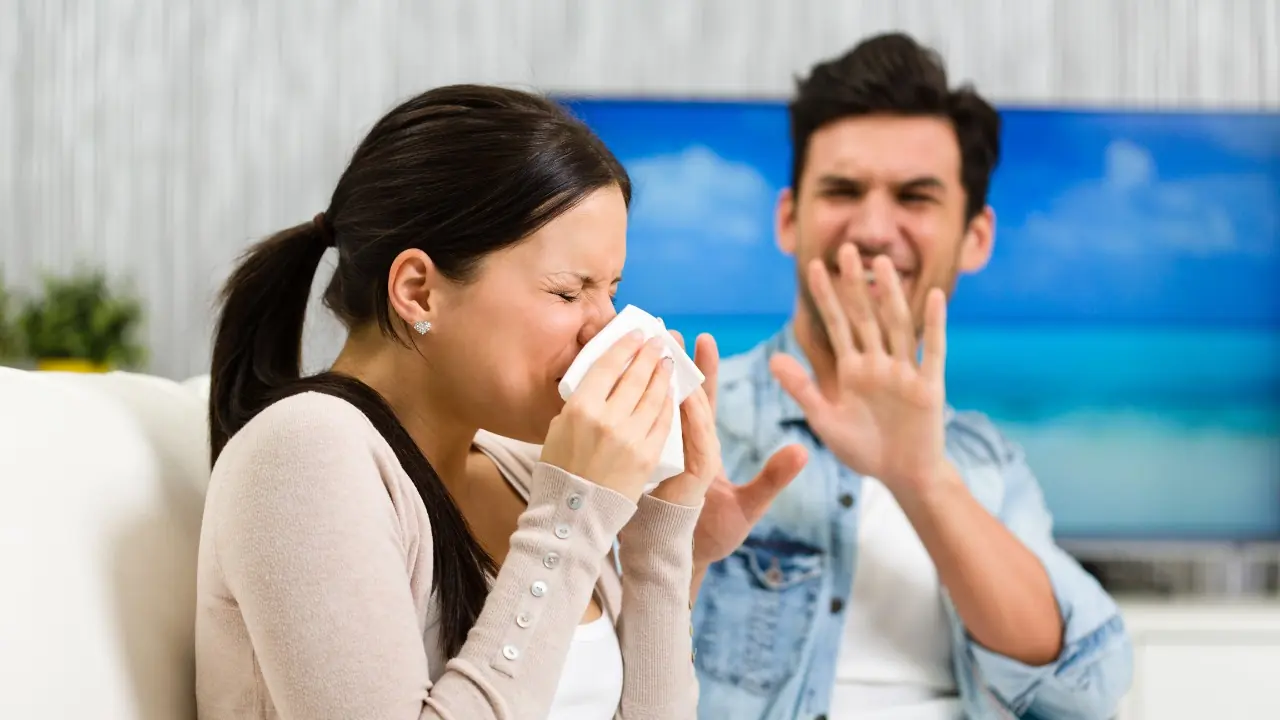
Just Simply Looking at a Sick Person Is Enough to Trigger Your Immune Response, Study Shows
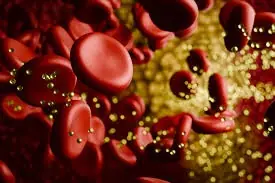
Scientists Discover an “Off Switch” for Cholesterol — And It Could Save Millions of Lives
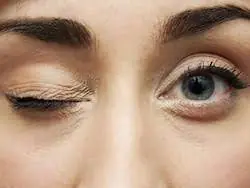
Why Does Your Eye Twitch Randomly? An Eye Doctor Explains

Think Twice Before Pairing: 6 Foods You Shouldn’t Eat with Eggs
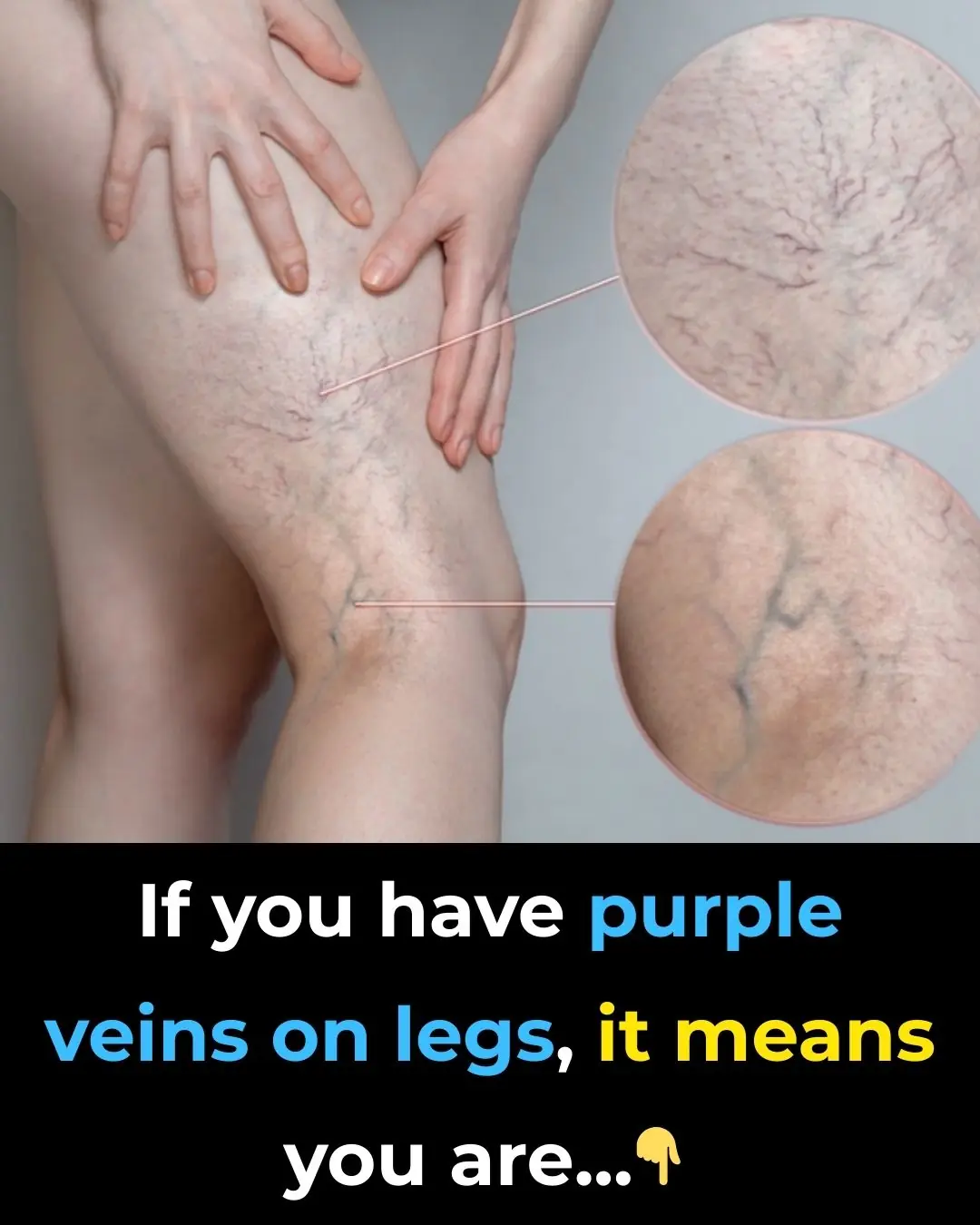
Purple Veins on Your Legs
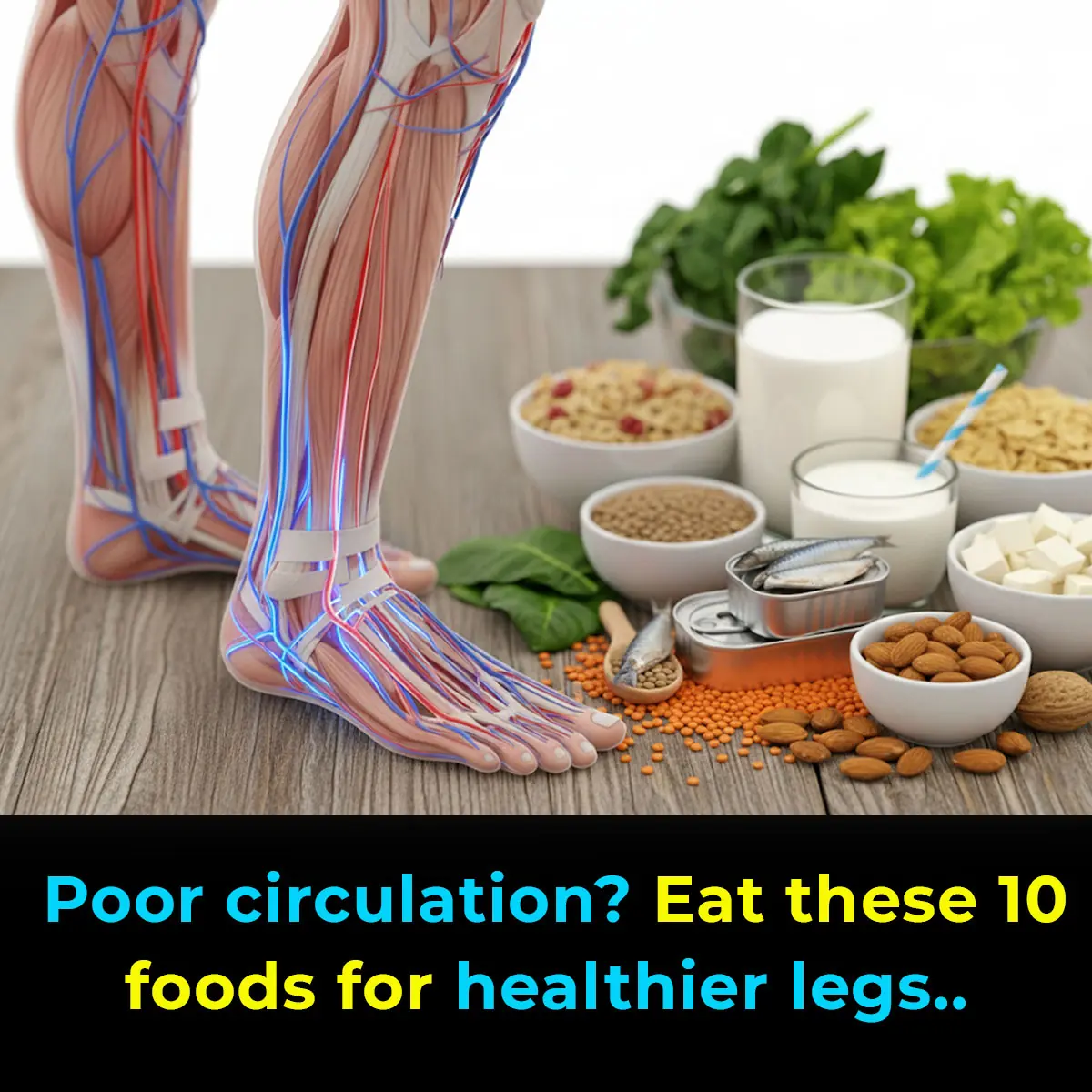
Top 10 foods that improve blood circulation in legs

What really happens to your kidneys when you drink coconut water

Pineapple And Turmeric Drink Reverses Cancer-Causing Inflammation And Even Beats The Common Cold!
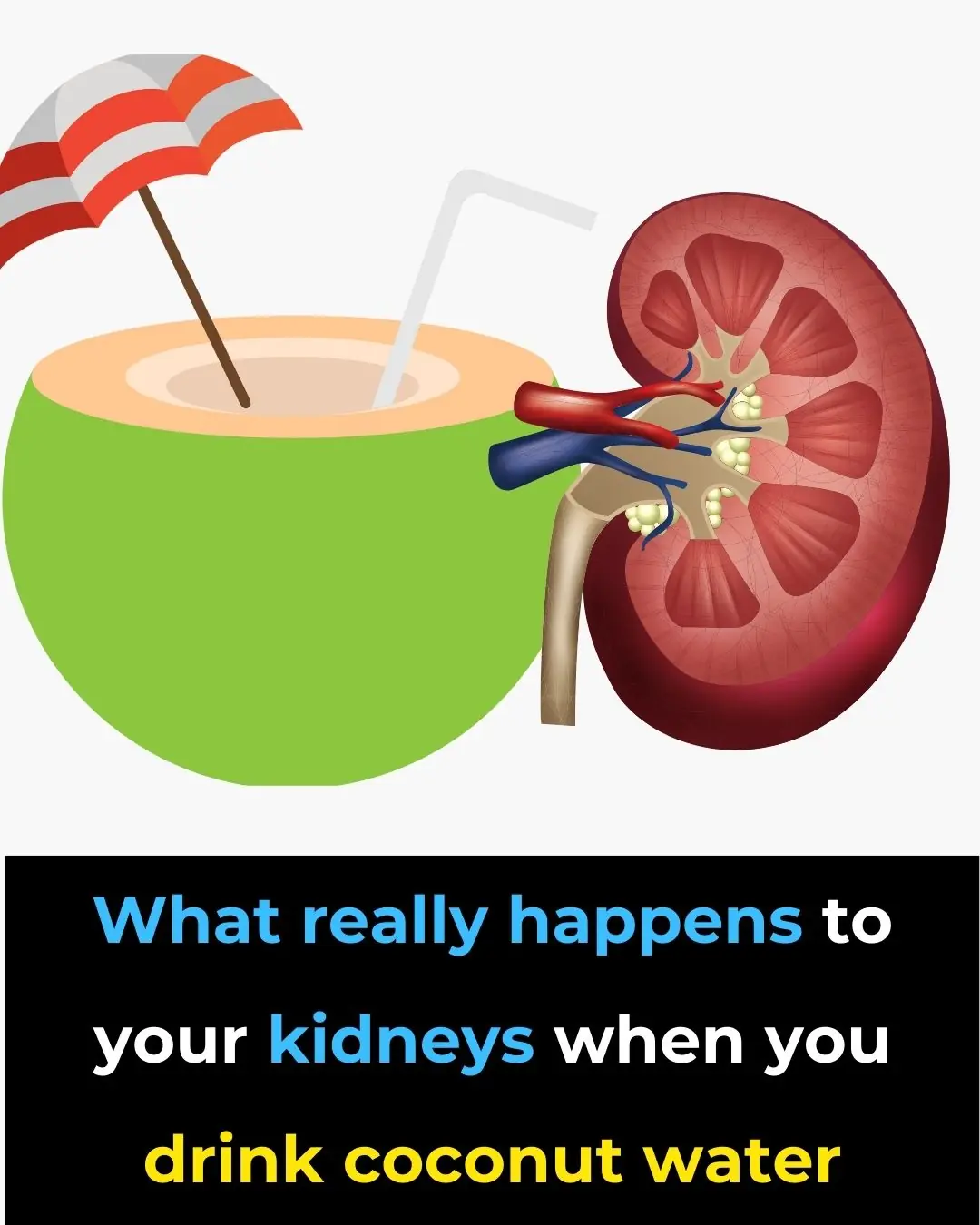
What really happens to your kidneys when you drink coconut water

6-yr-old boy dies and leaves blue stain on carpet: years later, mom makes heartbreaking discovery
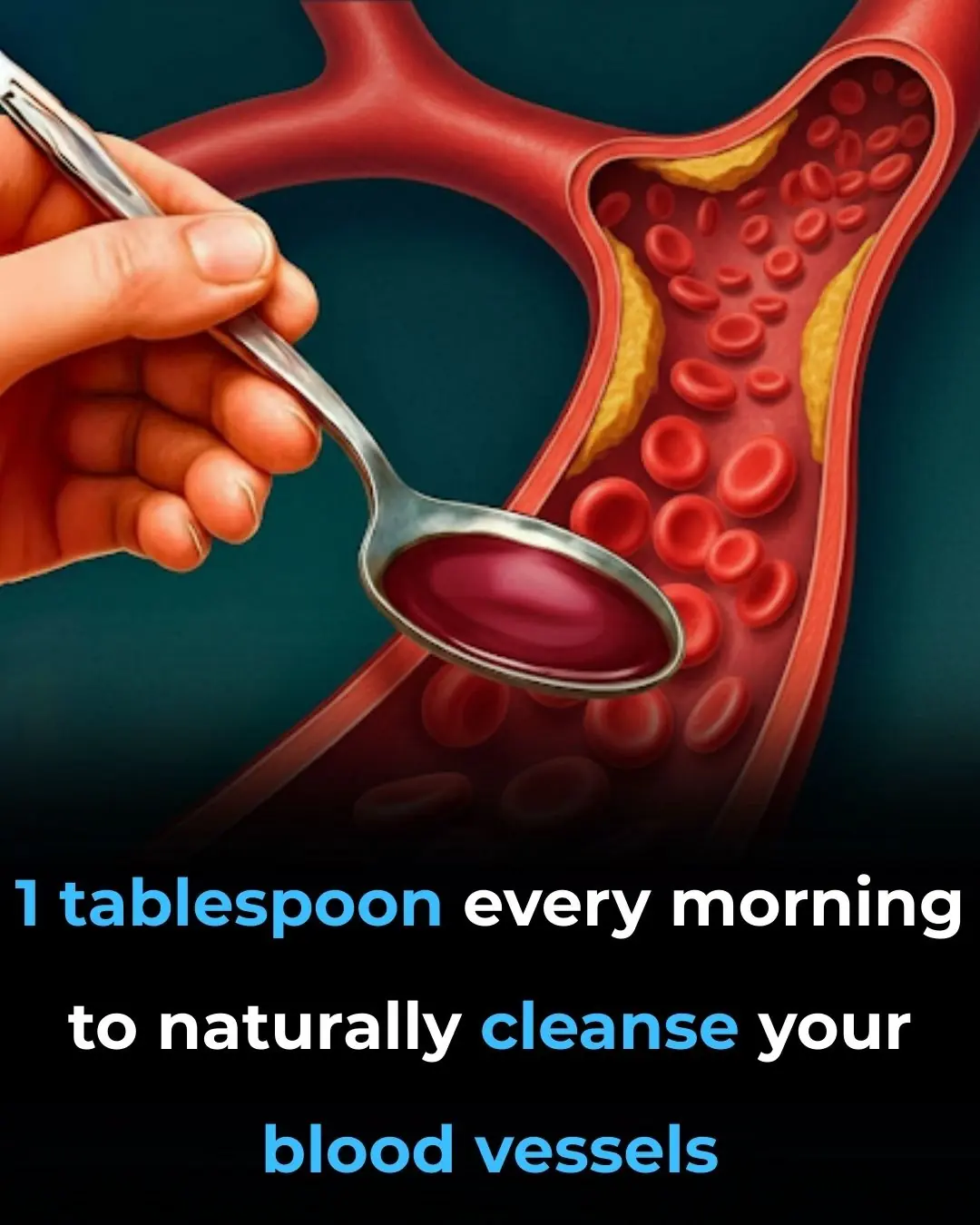
1 tablespoon every morning to naturally cleanse your blood vessels
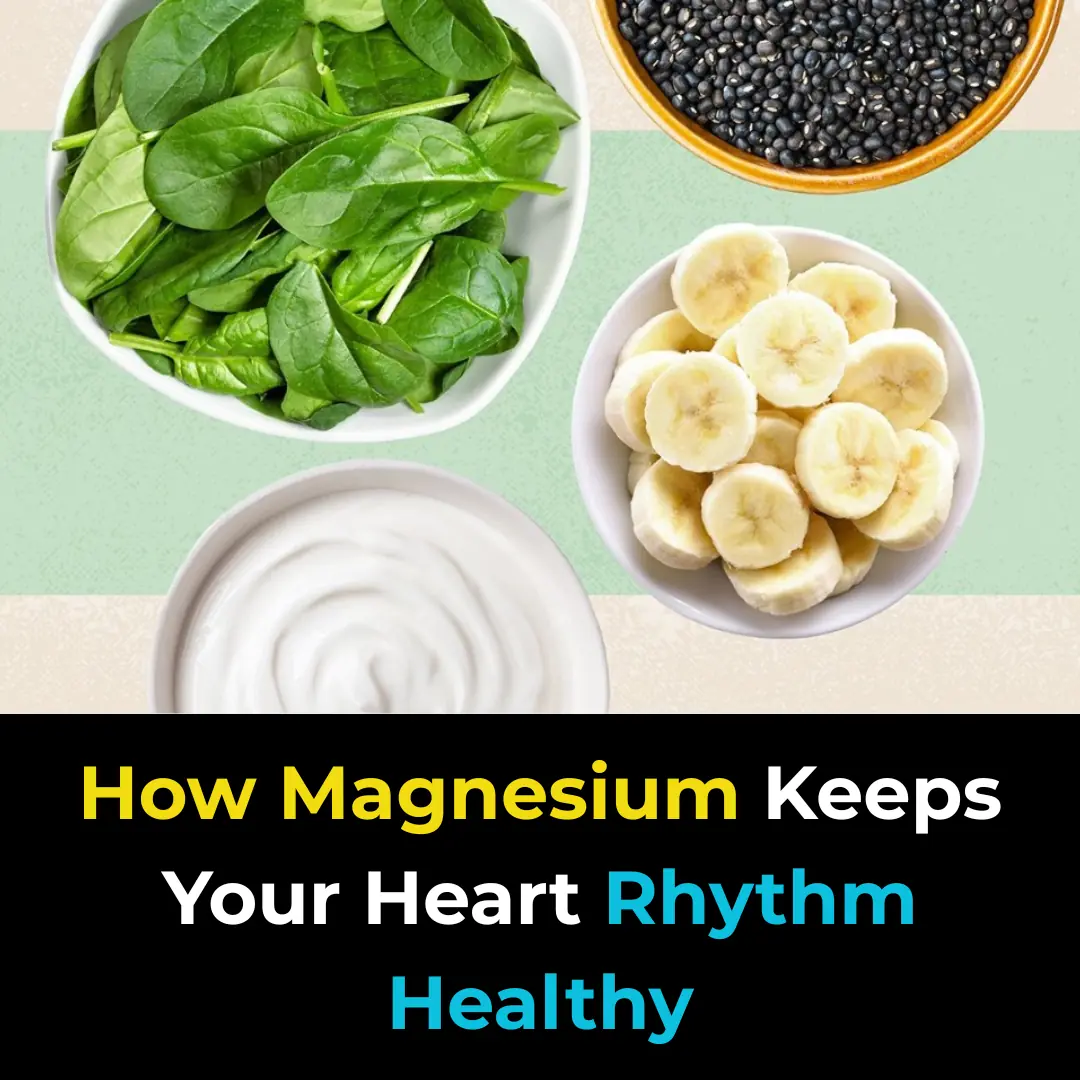
How Magnesium Keeps Your Heart Rhythm Healthy

Why Do I Cough When Taking a Deep Breath?

Taking the Stairs Could Help You Live Longer

Purple Veins on Your Legs: When to Worry

Signs Your Cortisol Is Dangerously High
News Post

Fix a clogged showerhead with weak water flow in just 3 minutes – no need to spend money on a replacement

Experts reveal 3 ways to eliminate E. coli bacteria in water – essential knowledge to protect your family

Put a handful of salt into a dirty toilet with yellow stains: Just 30 minutes later, you will see a miracle

The most correct way to give first aid for stroke at home

Cook black bean sweet soup quickly, delicious, not time consuming, save gas/electricity

Apple insider reveals new leaks about foldable iPhone release for 2026

Experts reveal the five foods you should absolutely never freeze

The difference between the spirit of a loved one and other forces

Your Heart Emits a Magnetic Field 100x Stronger Than Your Brain – And It Can Be Detected 3 Feet Beyond Your Body

🌱 Discover Papaya Seeds: Nature’s Tiny Powerhouse for Total Wellness

3 Home Remedies to get rid of Skin Tags – Skin Tag Removal

Homemade Herbal Bath Powder For Clear Skin: Bridal Skincare Ubtan

Mix Baby Oil with Vaseline: The Simple Skincare Trick for Youthful, Wrinkle-Free Skin

New Study Shows That Sitting in Silence for Only Two Hours Can Trigger Significant Growth in New Brain Cells

Foods That Can Quietly Drain Calcium From Your Body

Just Simply Looking at a Sick Person Is Enough to Trigger Your Immune Response, Study Shows

Scientists Discover an “Off Switch” for Cholesterol — And It Could Save Millions of Lives

Why Does Your Eye Twitch Randomly? An Eye Doctor Explains
